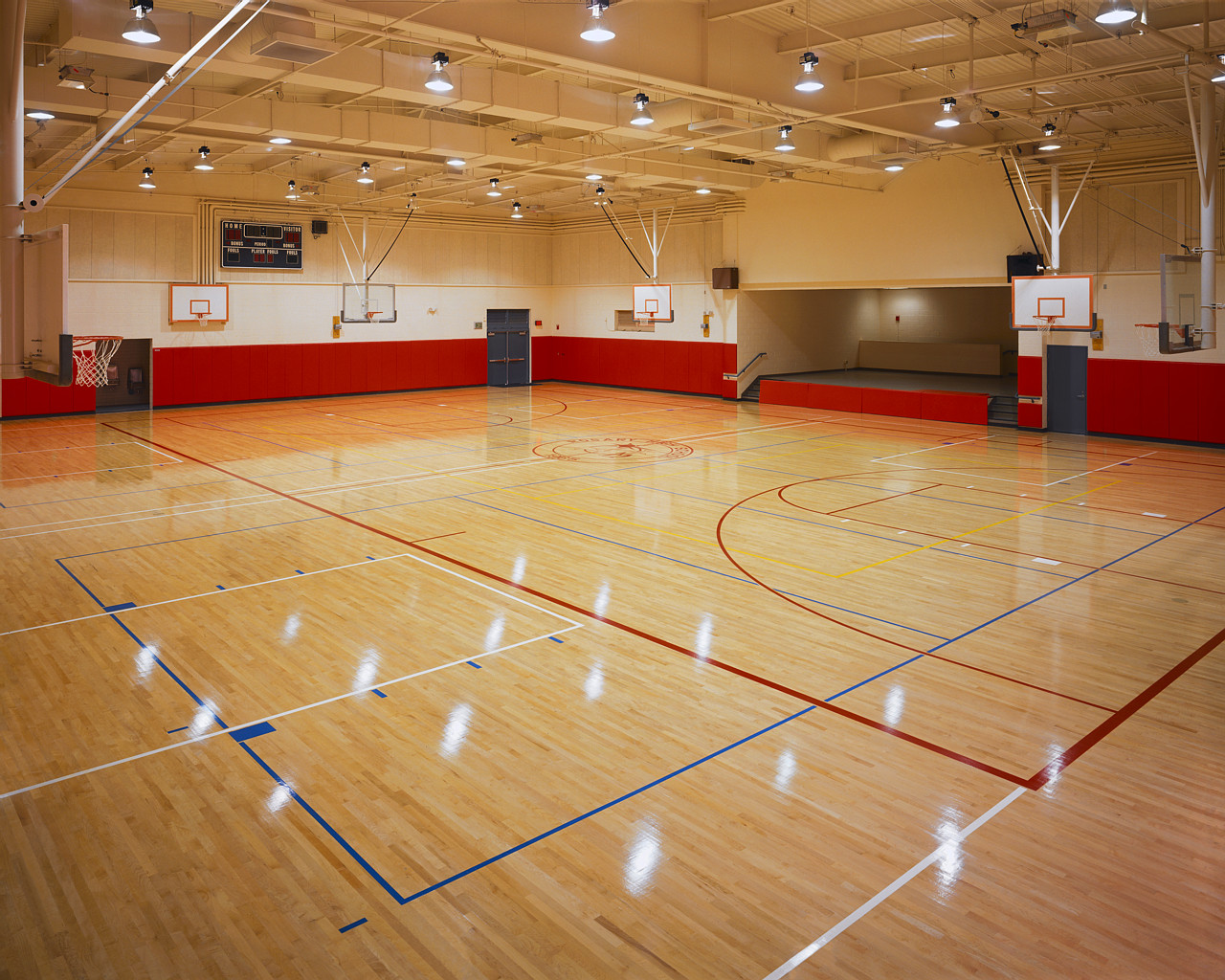Our MacEwan Griffins Men’s Basketball coaching staff approached the 2017-2018 season with cautious optimism. Despite losing 6 players to graduation, including 60% of our overall team scoring, we were happy with our recruiting class and ready to start a new era in the program’s history.
After grinding through a tough September, players and coaches alike were ecstatic to depart on our first pre-season tournament at University of Waterloo. We were scheduled to play the home team first followed by University of Ottawa (a perennial powerhouse) and Wildred Laurier University to cap it all off. Off we went!
Suffice to say that the games didn’t quite go as planned…
We knew we were going to be in tough with a young team but we weren’t planning on getting our butts kicked 3 games in a row. After our final game on Saturday night, we met as a coaching staff to lick our wounds and identify what areas we needed to improve the most.
The poor scoring statistics from our 3rd year starting point guard seemed a great place to start. As you can see from the box scores below, he struggled to score in each game. Gradually taking less and less shots.
To his credit, as soon as we got back to Edmonton, the player in question was in our office helping us figure out how we could help facilitate his scoring. We knew we weren’t going to be successful without our best player shouldering at least some of the scoring load. As a coaching staff we implemented a three point plan:
– Encourage the player to shoot more, especially from 3 (pretty self-explanatory)
– Demonstrate where in our existing offence we want him to be aggressive
– Altered existing offence to provide more space for him to work
– Added and offensive ‘quick hit’ play designed just for him
This past weekend we started the regular season in Kamloops against Thompson Rivers University and our point guard’s woes were no more, scoring 9 and 15 points respectively while continuing to increase his field goal attempts.
Our simple yet effective tactical adaptation also seemed to improve his scoring ability:
What is the moral of the story you ask? Well I would say there are a few points to consider:
1. Make sure your offence creates situations for your best players to be successful. If it doesn’t, make changes immediately!
2. KISS (Keep it simple, stupid): four small tweaks equated to big changes.
3. Listen to your players concerns. Our point guard was struggling to figure out when and how to score, we listened and worked together to solve the problem
TL;DR – Our PG wasn’t scoring, now he is
JP






Jackson, thanks for the post. I wasn’t able to open the embedded videos. I was wondering if you are using SYNERGY to analyze video. I stopped by the UBC athletics office the other day and Spencer Mackay showed me the video analysis platform. Pretty slick and a great way to get information and provide feedback. If you are using it, what do you think and how are you using it. Your blog has some good evidence of problem solving. While you discuss how you solved the problem (at least for the next game), you might consider discussing some of the actions you took as an assistant coach in helping the player or players make the change. Keep up with the blog posts and try to add a couple more.
Coaching is all about planning, but more often than not our plans change. It does not mean we should not plan, but being open and willing to meet our athletes at their needs is important. This example is about an on-court situation, but we can come up with countless times that we have altered a workout schedule or amended a plan based on a student’s academic need. Coaches have to be great planners and great problem-solvers.